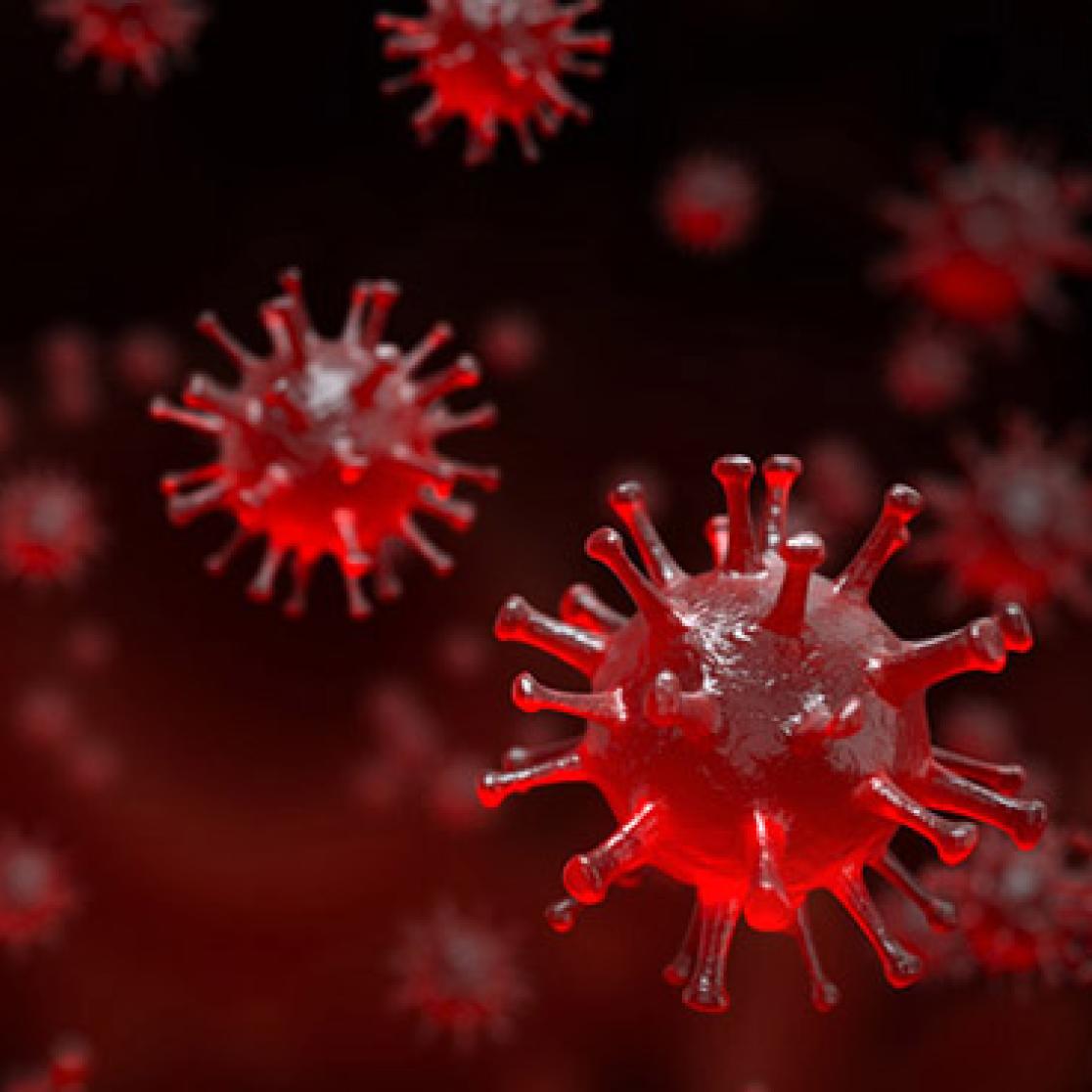To help Maastricht University (UM) staff to excel in their educational roles, UM offers a broad range of professional development opportunities focussed around three teaching competences:
- developing education & assessment
- delivering education
- professional conduct
UM teaching staff with more than 10% teaching duties and who have already been awarded the University Teaching Qualification (UTQ), are encouraged to further improve their skills and knowledge by engaging annually in Continuing Professional Development (CPD).
CPD provides a personal choice regarding what, when and how UM staff continue their development, both formally and informally, for example, by actively engaging in:
- Formal training activities with a focus on teaching and education e.g. online, offline or blended workshops, seminars, conferences.
- Sharing knowledge and experience with the wider teaching community e.g. exchanging best practices at community events, giving or receiving coaching or disseminating experiences via blogs, vlogs and articles, etc.
- Learning by doing and reflection on educational practice e.g. participating in teaching observations, self-study, educational research or substantive course or curricula (re)design.
For those responsible for leading educational programmes at UM, an Inspiring Educational Leadership trajectory is organised each year by EDLAB. The trajectory consists of various modules, and in parallel, participants work on a relevant project, allowing new learning to be immediately applied in the workplace. This also counts towards CPD.
CPD at UM is specifically intended for UM staff who have:
- completed the UM Problem Based Learning (PBL) & Tutor Training
- already been awarded their University Teaching Qualification (UTQ)
- a teaching appointment of greater than 10% of a full-time equivalent (i.e. those deliver more than 160 hours of education per academic year, irrespective of their individual FTE).
More information
For UM staff, more information about Professional Development for Teaching & Learning can be found on EDLAB's UMployee group.
An overview of EDLAB’s CPD activities can also be found on EDLAB Event Pages.
For all other enquiries about UM's CPD strategy and activities, please contact the UM Senior Coordinator of Professional Development for Teaching & Learning, Donna Carroll.
